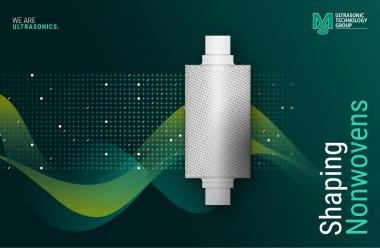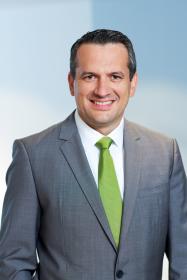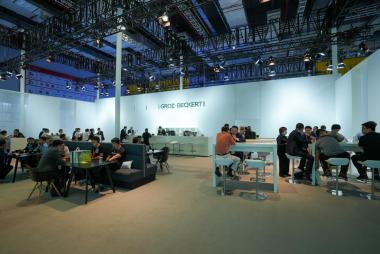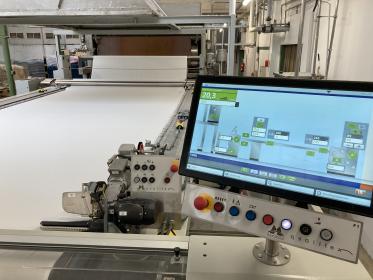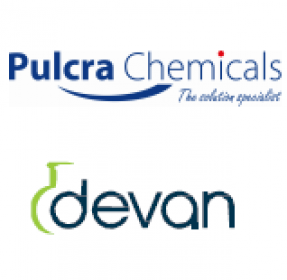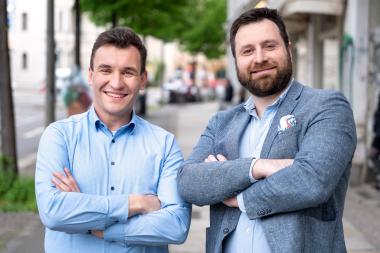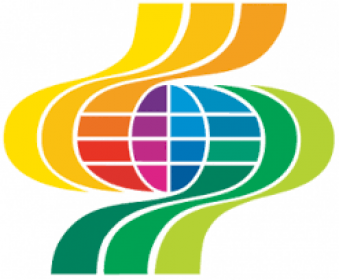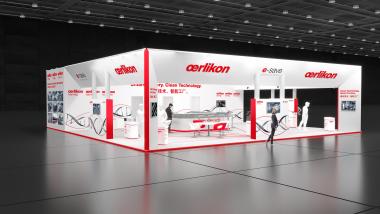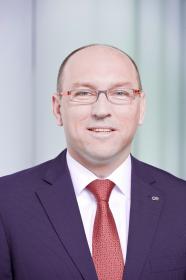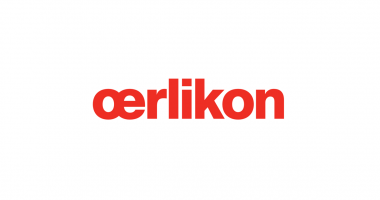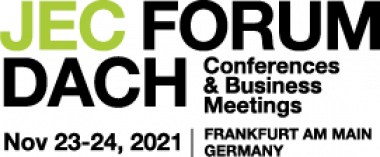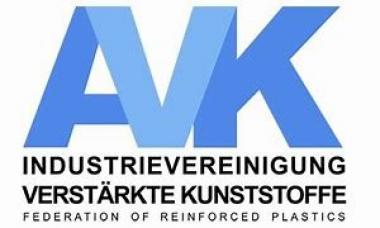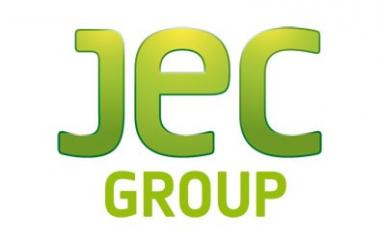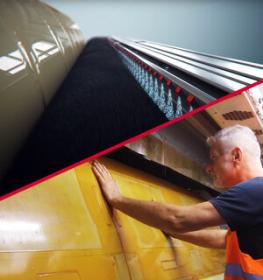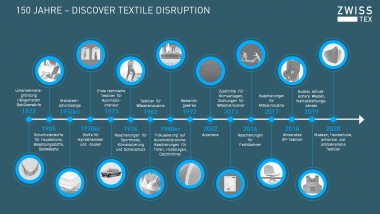MS establishes new business unit "Nonwovens"
The MS Ultrasonic Technology Group is a globally recognized technology and innovation leader in ultrasonic joining technology and develops and builds flexible special machines, pioneering series machines, modular systems and efficient components for high-performance complete solutions.
This enables optimal welding, punching, sealing, cut-off welding and riveting of thermoplastics, textiles and nonwovens as well as cutting of food and other products.
To ensure sustainable growth, MS is focusing on expanding its application portfolio and entering new market segments. MS Ultrasonic Technology Group is part of the listed MS Industrie AG with internationally active companies.
In addition to the company's previous activities, MS is now placing a new focus on the continuous welding of nonwovens and other materials.
More than 30 years of experience in the development and production of high-quality and innovative ultrasonic components, coupled with know-how in drive and control technology, will be incorporated into the new business segment. This means that customers receive ready-to-integrate systems with maximum precision from a single source. With the new MS Competence Center in Ettlingen (Germany), MS is fulfilling the wish of many customers to expand its application portfolio to include continuous joining, embossing and perforating of nonwovens and sealing of packaging.
MS is thus adding an innovative and specialized site, while maintaining a high level of vertical integration and support for all specialist areas through its main site in Spaichingen (Germany). In two application laboratories and a measurement and analysis laboratory, tests, evaluations and optimizations of various welding tasks are just as much a part of the service as the in-house production of engraving rollers through to complete systems.
- Application engineering consulting for your welding task
- Support in the design of the engraving roll
- Execution of feasibility studies
- Welding tests to determine the process parameters
- Individualized process optimization
- Finding solutions for problematic welding applications
- Testing of quality-describing characteristics (tightness, porosity, strength)
- Microscopic analysis of the welded joint in 3D
- Sample creation and pre-series production
MS Ultraschall Technologie GmbH


